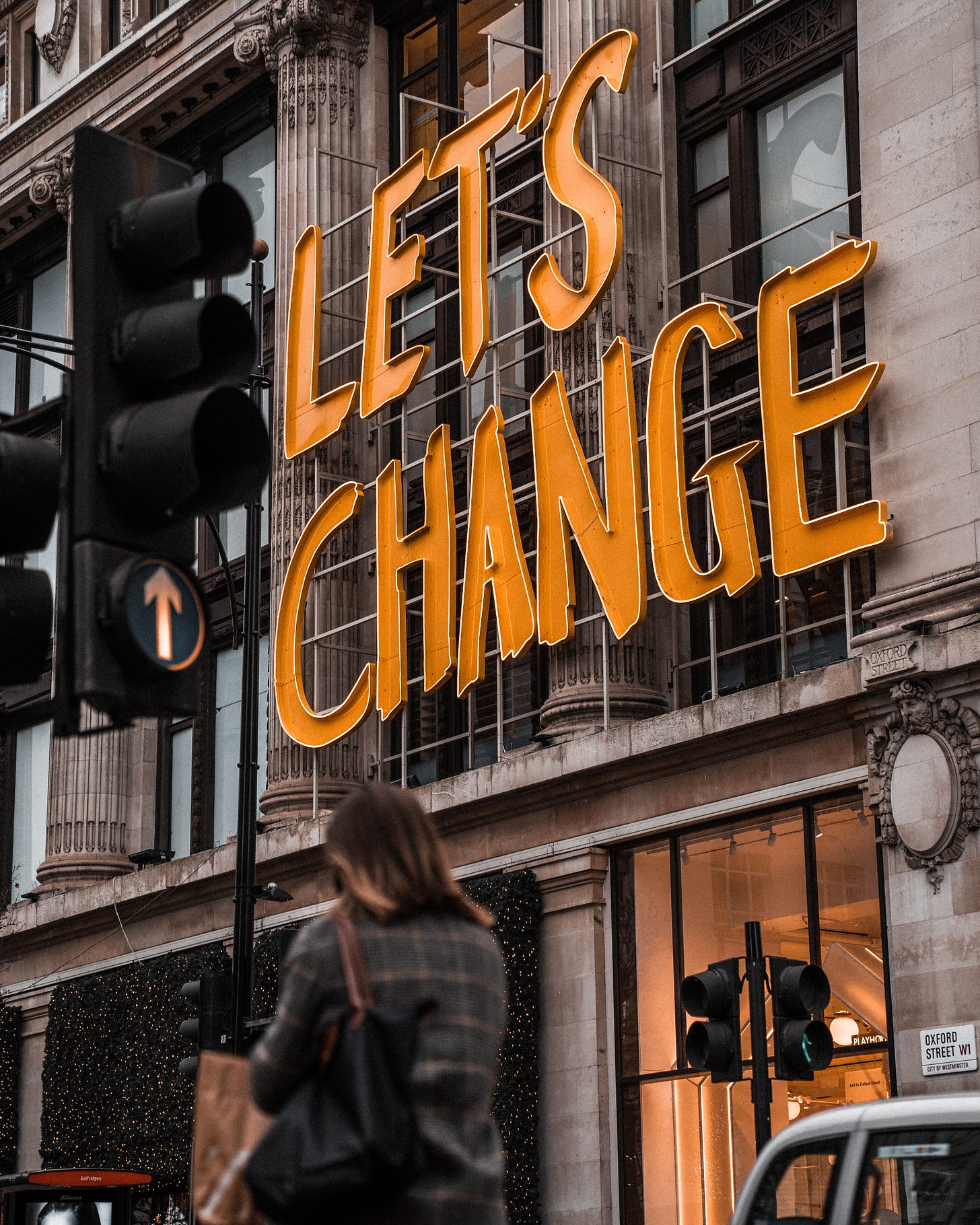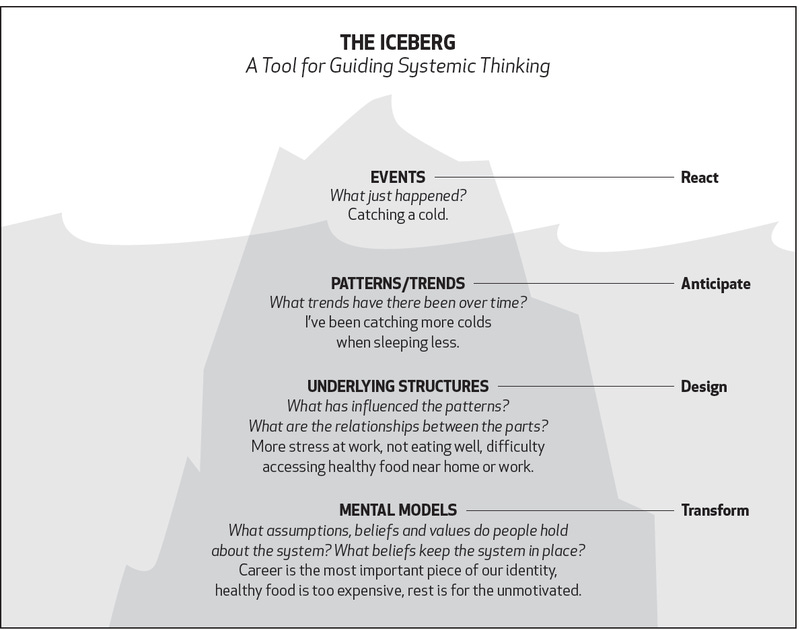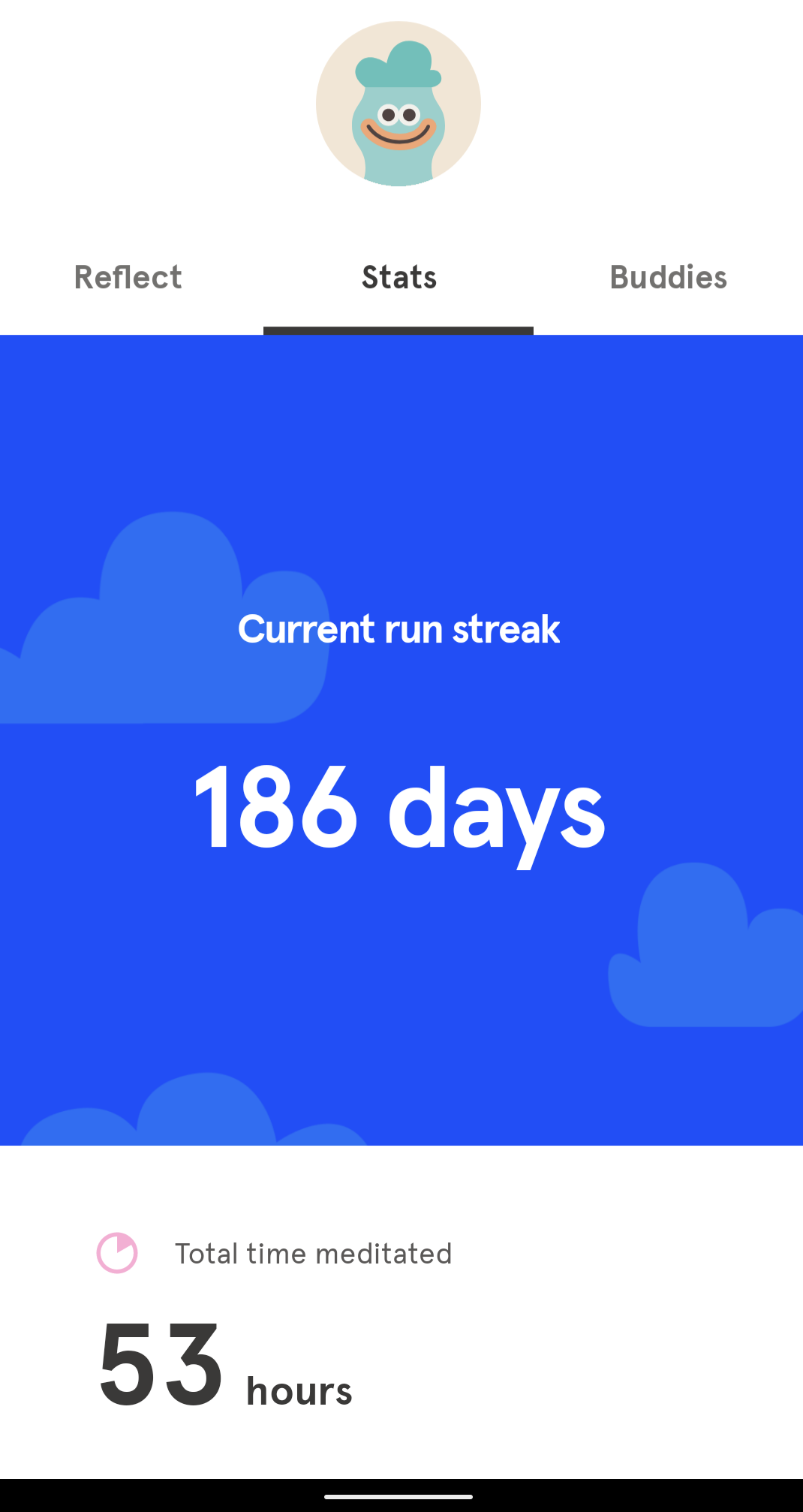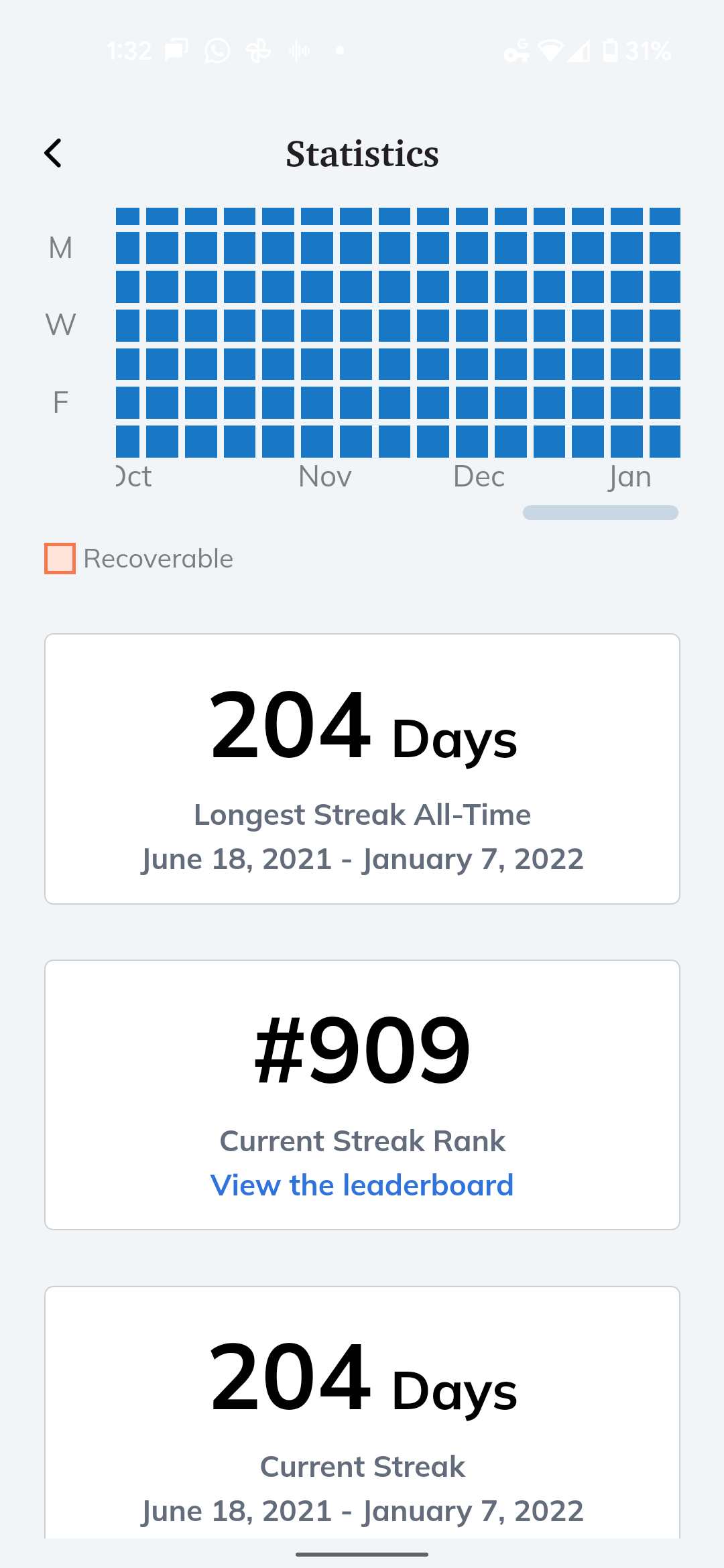2021 habits in review

I started smarter.blog and this newsletter at the beginning of 2021. I had hoped to have written a lot more articles by the end of 2021, but that didn’t happen. I averaged only less than two posts per month.
I know why I didn’t do well though: I didn’t set up a solid habit of writing (as opposed to not having ideas), which was in turn because I didn’t set up good systems to write consistently. But I did develop other systems to capture ideas to make it easy to write when I sit down to do so.
But let’s look at things that went well. In particular, I kept up with my reading. I read 29 books last year, of which some of the best ones are:
1. Thinking in Systems: A Primer by Donella H. Meadows.
This really opened up an entirely different way of thinking of the world, and in particular, about how we behave. I wrote about Iceberg analysis based on this book. In fact, Iceberg method provides a clear understanding of how to build habits, which I will talk about below.
2. Leadership: In Turbulent times by Doris Kearns Goodwin.
I thoroughly enjoyed how the four US Presidents (Abraham Lincoln, Theodore Roosevelt, Franklin Roosevelt and Lyndon B. Johnson) overcame crisis to become lead in tough times. In fact, touch setbacks made them the leaders that they were.
I also picked up three new habits in 2021.
Meditation (185+ consecutive days without fail)
Supplementing reading books with spaced repetition
Brushing with my left hand (I am right handed!).
Here’s how I acquired new habits
Picking up a habit is not easy, but if you know the strategy, it is actually not that hard.
To begin with, I followed Seinfeld's "Don't break the chain" rule. Do it every single day, without fail. If you fall off, come back up immediately.
In order to not break the chain, I set up structures in place in the form of multiple reminders every day initially. I knew that relying on willpower was the easiest way to fail.
I also made sure that the tasks for the habits are not hard work. So I meditate only 10 minutes per day, instead of trying for 30 minutes and failing with frustration.
Also, the ultimate goal of habits is an identity change. So if you understand what identity you are acquiring and try to adopt it, you can literally fake it till you make it. That is, the identity change that you want to assume will lead to systems/structures, which will in turn lead to habit change, and that eventually reinforces the identity change.
All of this is directly related to what we saw in Iceberg analysis.
In particular, the mental models in the Iceberg are the identities and Underlying Structures correspond to the systems/structures above.
New Habit 1: Meditation
After many years, I came to my senses: meditation is one of the most important things I could be doing every day.
Everyone knows the benefits of meditation, so I won't get into it.
I haven't missed a single session in the past 180 days! Let's see how long this lasts.
New Habit 2: Supplementing reading books with spaced repetition
For the longest of time, this is how I read books: read, highlight, finish, and shelve it.
Only in 2021 I realized how bad that strategy was! The brain is good at forgetting unless you interrupt the forgetting curve, for which spaced repetition is useful. If you don’t know what is spaced repetition, check out this awesome article by Michael Nielsen.
There are probably many tools for this, but Readwise is easy to use and gamifies the process to keep you on track. Highly recommend if you read a lot of books!
In fact, I have been trying unsuccessfully to use spaced repetition for everything else in my life (remembering people facts, paper reading etc.). The tool of choice for this is RemNote, but more on that later!
New Habit 3: Brushing with my off-hand!
And finally, as a fun challenge, I started to brush with my left hand. It was challenging at the beginning, but that's why it is fun! It comes naturally to me now, and I am a bit more ambidextrous!
I wrote about this earlier.
What are the habits that you want to pick up this year? And more importantly, how will you do it?
3 quotes for you
Marcus Aurelius’s prompt to reframe:
Here is a rule to remember in future, when anything tempts you to feel bitter: not "This is misfortune," but "To bear this worthily is good fortune.”
Jim Collins on priorities in Good to Great:
If you have more than three priorities, you don't have any.
Theodore Roosevelt on comparing yourselves against others:
Comparison is the thief of joy.







